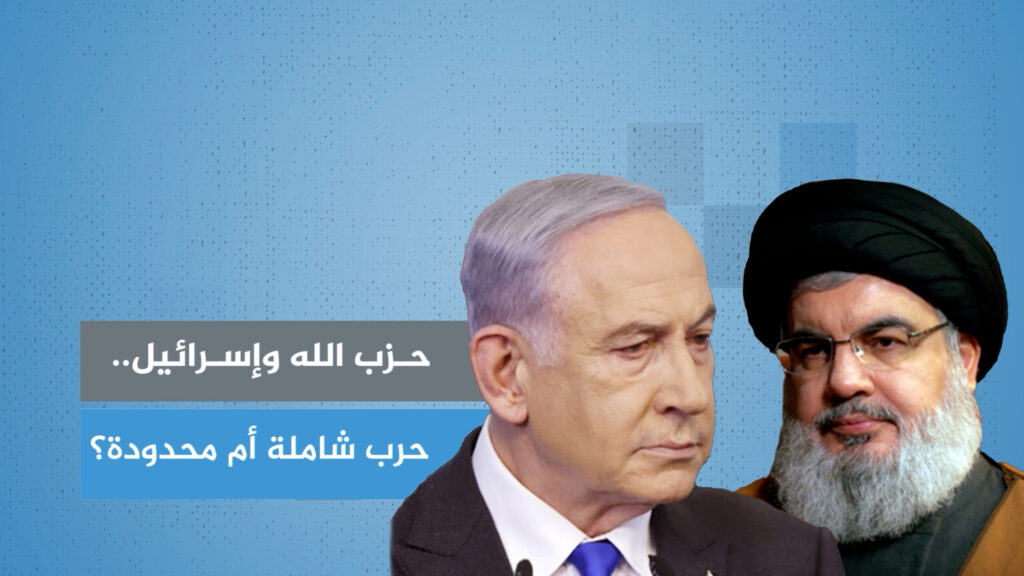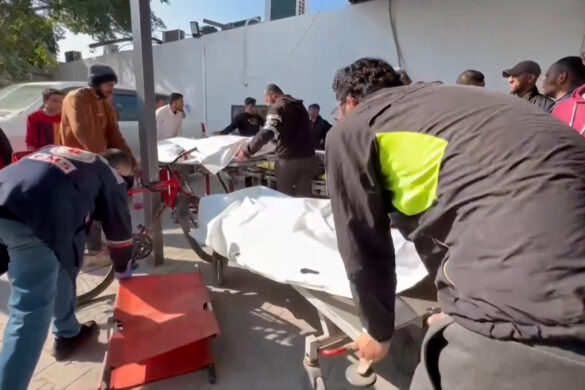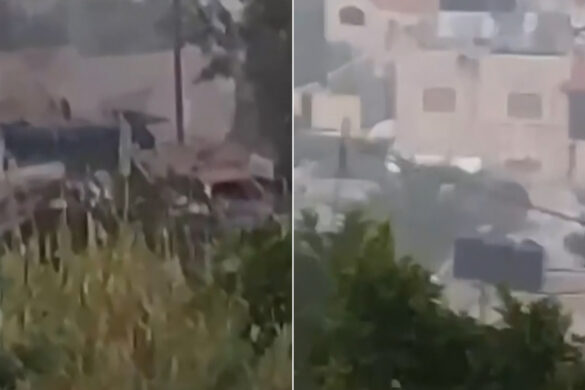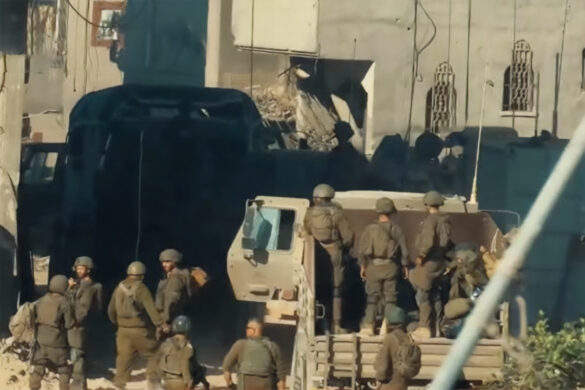The escalation between Hezbollah and Israel took a different upward turn after Israeli Defense Minister Yoav Galant announced from Ramat David Air Base that the center of gravity of army operations had moved north.
Israel launched a series of major strikes, such as bombing pagers and wireless devices, and assassinating prominent military leaders in Hezbollah, the most prominent of whom was the actual leader of the Radwan Force, Ibrahim Aqeel, after a raid on the southern suburb of Beirut.
In turn, Naim Qassem, Deputy Secretary-General of Hezbollah, said – during Aqeel’s funeral – that the party entered a new phase called the Open Account Battle, as its missiles targeted a military industries complex north of Haifa and other targets.
The occupation army responded with intense bombing waves on southern Lebanon and other areas, the most violent in two decades, causing a large wave of displacement towards the capital, Beirut.
This episode of the “Tel Aviv Tribune Net Panorama” program highlights Israel’s imposition of military censorship to cover up its losses on the northern front, amid analysts and specialists trying to answer questions about the future of developments on the ground. Will it turn into a comprehensive war or will it remain calculated confrontations in parallel with international diplomatic moves?
It also sheds light on the opinions of military experts regarding the repercussions of the pager and radio bombings and the extensive assassinations, and whether they are a prelude to confusing Hezbollah and implementing a scenario of a comprehensive invasion of southern Lebanon.




